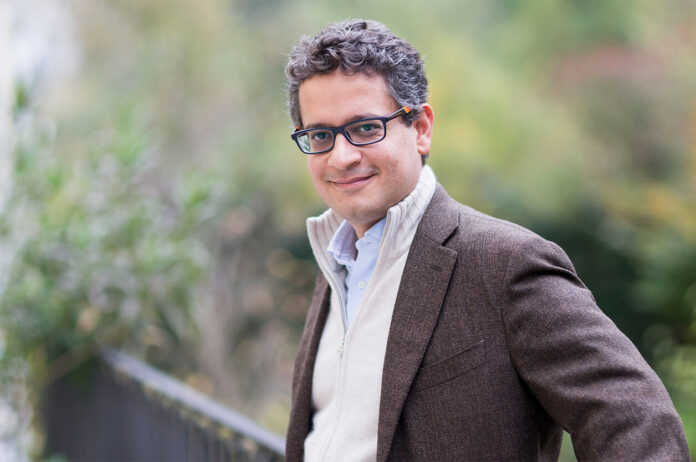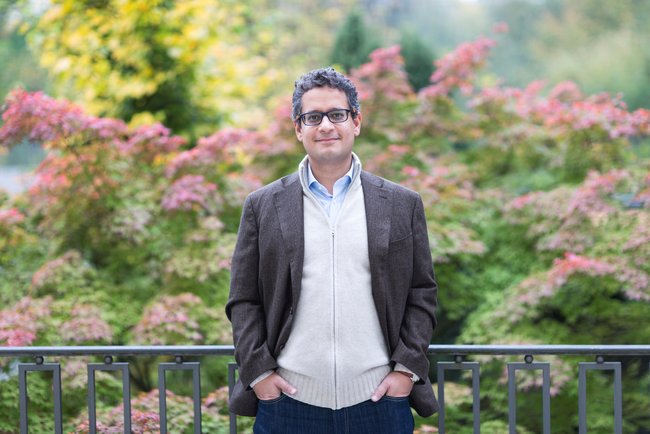We live in an age in which humans have become the greatest factor influencing biological, geological and atmospheric processes on earth. In no other epoch in human history have humans influenced their environment as massively as in the last two centuries.
Man-made environmental destruction shows the devastating consequences. Climate change, the extinction of flora and fauna and the exploitation of the oceans are the best-known “side effects” of human activity. Politics, business and science are called upon to take new paths. However, we must also become aware that the future of humanity, even its survival, cannot be delegated to politicians and entrepreneurs alone. We as individuals must also make an essential contribution to coexistence. As John F. Kennedy once said: «Ask not what your country can do for you – ask what you can do for your country. My fellow citizens of the world: ask not what America will do for you, but what together we can do for the freedom of man. » This call is still valid and can be applied to all humanity.
Our consumer behaviour decides
The “system change” will not come from above if we below are not ready. It is time to change ourselves, as individuals and as a society! The more we understand ourselves as a part of the whole, the more we become aware of how strongly connected and networked we are on our blue planet. Pope Francis put it in a nutshell in his encyclical “Laudato Si”: “In the world, everything is interconnected” (cf. 16). Therefore, it would be a devastating illusion to think that environmental problems only affect the “others”. They also affect us and our thriving lives in the privileged and cosy latitudes. We must now realise that our attitude towards environmental issues has a direct consequence on other countries. Our consumption behaviour also determines for instance, whether the Amazon rainforest is converted into an ever-growing grazing area for cattle for slaughter or into gigantic soy plantations for fattening farm animals halfway around the world.
Standing up for the young generation
Today, all of humanity faces almost insurmountable challenges. These have probably never been more immense at any time in human history. We need young and fresh spirits who are ready to tread new paths that have never been trodden before. In particular, the young people of our time are needed here. They are not only the ones whose future is at stake. They are also the ones who keep appealing to the current leaders to do more to protect our earth.
How can we offer young people space for change? How can we help them to become more and more connected locally as well as globally? How can we support them so that their holding together does not remain a mere handshake, but grows as a steel chain against indifference?
The progress of digitalisation enables many possibilities to meet and exchange in virtual spaces. Nevertheless, true encounter only arises in the living of a shared experience. Relationships that touch the deepest corners of our souls and are transformed into transformative life energy are built on this. However, the long-awaited ecological transition must not wither into an “ideological” movement. It must have the courage to constantly question itself and engage in dialogue with those who think differently. For in life – whether in the human realm, animal realm or plant realm – no one is superfluous, all are essential for building a better future!
Lassalle-Institut, 22 – 28 August 2021
We run the Eco Summer Camp with many other local and global partners. The aim is to enter into dialogue with young people and to look at the diversity and complexity of the urgently needed ecological transformation. Students and young professionals come together with experts from business, science, politics and society from a wide range of disciplines. The emphasis is on actively shaping the transfer of knowledge, on informal exchange and on meeting at eye level. The knowledge acquired should seep from the head into the heart and contribute to long-term change.
Article by Valerio Ciriello SJ
You can also vist:
www.lassalle-institut.org
www.lassalle-haus.org
transformation transformation transformation transformation transformation transformation



